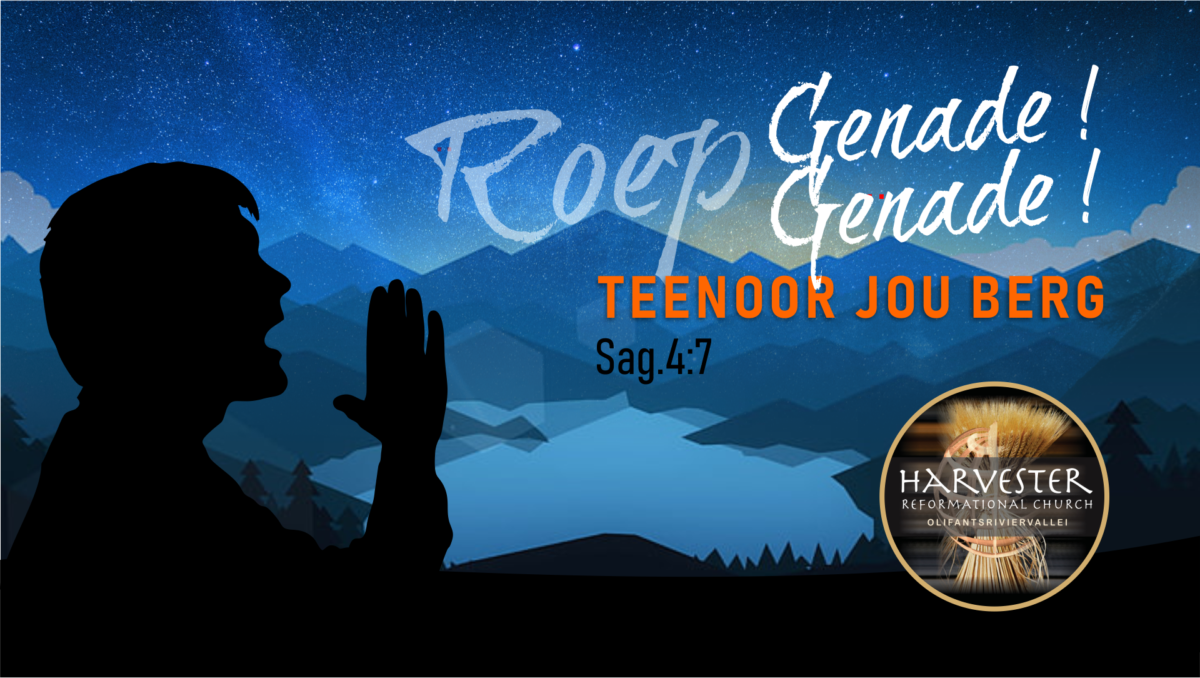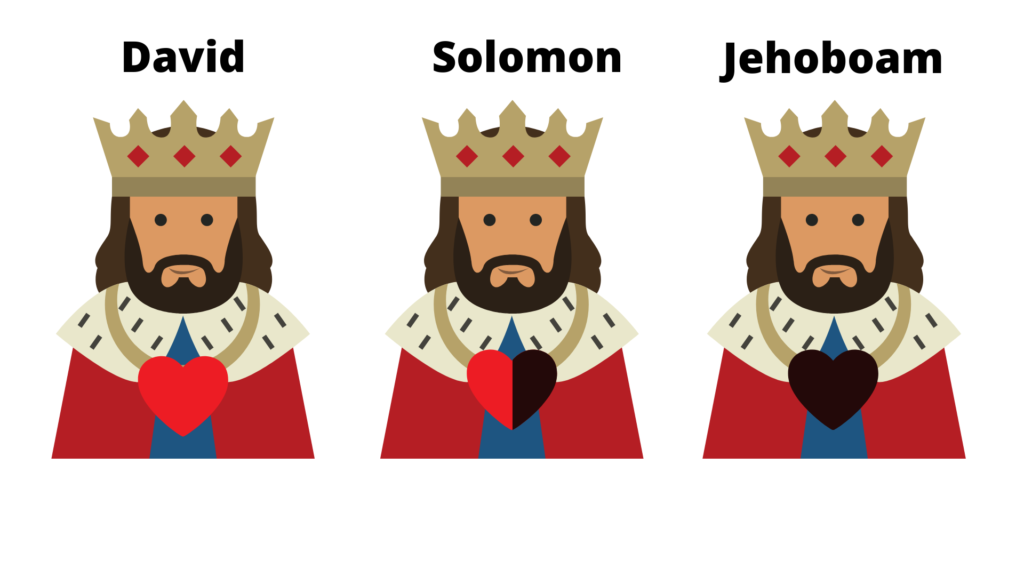“Precious in the sight of the Lord is the death of His saints” (Ps. 116:15)
Death is the one thing we are most certain of, yet we are most ill-prepared for. Is there an afterlife? How does one prepare for it? How is one certain of resurrection? Particularly we as believers ask the question: What happens to Christians when they die?
All cultures have shown interest in life after death. Egyptians dedicated pyramids to their dead. Chinese built huge tombs for their emperors with ceramic armies to “protect” them in the afterlife. Vikings dressed fallen warriors and released them to the wind in burning ships. Crusaders in the Middle Ages believed they gained a more favorable afterlife if they died in battle, as did the Japanese kamikaze pilots in the 2nd World War. American Indians buried weapons and tools with their dead for use in the Happy Hunting Ground. Hence the question: What happens to Christians when they die?
Currently, 60-million people die every year, and 140-million new babies are born. As mysterious as is the origin of new life, so mysterious is our end. Scientists cannot create new life nor give us immortality. Some people have babies without any complications; others are unable to have children. Some people want to die yet they remain alive and others who want to live unexpectedly die.
Life is Fleeting, Therefore Hold on Loosely.
The paradox of life is our vulnerability to death, yet we desperately fight to preserve and extend it. We all know that all of this life’s material things are temporary, yet we spend most of our time acquiring assets, belongings and goods.
“Our days on earth are as a shadow” (1 Chron 29:15; Job 14:2; Ps. 90:9)
As for man, his days are like grass; As a flower of the field, so he flourishes. For the wind passes over it, and it is gone, And its place remembers it no more. (Ps 103:15-16)
Death is CERTAIN.
“You are free to eat from any tree in the garden; but you must not eat from the tree of the knowledge of good and evil, for when you eat of it you will surely die” (Genesis 2:16-17).
“By the sweat of your brow you will eat your food until you return to the ground, since from it you were taken; for dust you are and to dust you will return” (Genesis 3:19).
The Bible Describes the Death of Christians in Many Different Ways
The Psalmist wrote that when people die, they “return to the dust” (Psalm 104:29).
The KJV calls death “giving up the ghost” (Genesis 25:8; 35:29; Lamentations 1:19; Acts 5:10).
The Bible says that when Abraham died, he was “gathered to his people” (Genesis 25:8). In other words, he joined his deceased relatives in death.
The Bible often describes the death of God’s people as “sleep” (Deuteronomy 31:16; John 11:11; 1 Corinthians 15:6, 18, 51; 1 Thessalonians 4:14-15).
The apostle Paul called death a “departure” (2 Timothy 4:6). It’s like going on a trip…from this world to another.
The apostle Peter said that death is like “taking down a tent” (1 Peter 1:13-14). Our bodies are temporary dwelling places.
Job described death as “the king of terrors” (Job 14:14). Death is many people’s greatest fear.
There is Nothing Evil, Sinister or Wicked About The Death of a Christian
Death is as natural as the birth of a newborn baby. It is part of the cycle of life. You will also not find any rubbish dumps in Nature. There is no waste, death has a purpose. Death often provides for life! It is a gift. Most assuredly, I say to you, unless a grain of wheat falls into the ground and dies, it remains alone; but if it dies, it produces much grain. He who loves his life will lose it, and he who hates his life in this world will keep it for eternal life. (John 12:24-25)
One will always find sufficient grace in the death of a believer. As a local pastor, I must still find the story where God did not work everything for good for those who love Him (Rom 8:29): testimonies of provision, reconciliation, repentance and return to the Lord; of God’s love and presence in the midst of the Valley of Death. (Ps 23)
The tragedy of death is dying without being reconciled with God! Oh, the great horror! To see someone struggling to die without finding peace! Death is a sobering reality and grief is a lonely path that all must take to discover what life is really about. When losing a loved one, the speeding, sometimes out-of-control-bus of life calls to an abrupt halt. One becomes aware of eternity, the soul searches for meaning, purpose, understanding. The best poems, songs and books were written during a grieving process.
Blessed are those who mourn, For they shall be comforted. (Mat 5:4 Is. 61:2, 3; Luke 6:21; [John 16:20]; Acts 16:34; [2 Cor. 1:7]; Rev. 21:4)
When a Noble, Righteous Christian Dies, We Feel Something is Wrong.
When someone noble, and righteous is taken, we feel this is unfair. Something is wrong. We somehow feel that bad and sinful people deserve death!
Stephen was one of seven men chosen to help administer food distribution to needy Christians in Jerusalem (Acts 6:1-6). He was one of the first appointed Deacons of the Early Church’s Jesus movement. He was the most prominent of the seven and is singled out as a man “full of faith and the Holy Spirit” (Acts 6:5). Manifesting the grace and power of God in an unusual measure, he did miraculous (Acts 6:8) and proved to be a bold and effective evangelist and defender of the faith (Acts 6:9-10). His witness was so powerful; he was soon arrested by the authorities and brought before the high council for interrogation (6:9-12). After a lengthy interrogation, they brutally stoned him to death (Acts 7:54-60). As he died, Stephen prayed that his murderers might be forgiven (Acts 7:60).
We are not told of his family, whether he had a wife or children. He must have had a mother and father and siblings. How did they feel that God took their son after doing so much good? One can only imagine.
But he, being full of the Holy Spirit, gazed into heaven and saw the glory of God, and Jesus standing at the right hand of God, and said, “Look! I see the heavens opened and the Son of Man standing at the right hand of God!” (Acts 7:55-56)
And they stoned Stephen as he was calling on God and saying, “Lord Jesus, receive my spirit.” Then he knelt down and cried out with a loud voice, “Lord, do not charge them with this sin.” And when he had said this, he fell asleep. (Acts 7:59-60)
In this story of horrible brutality, the glory of heaven shines more brightly! While Stephen was being stoned, he was filled with Holy Spirit, Saw Jesus and the Father… and fell asleep!! What vindication, victory and supernatural strength!
Christians Do Not DIE!
“Do not be afraid of those who kill the body but cannot kill the soul. Rather, be afraid of the One who can destroy both soul and body in hell” (Matthew 10:28)
READ the WHOLE Chapter – 1 Corinthians 15!
Why Death is BETTER for Christians.
It is our REWARD, our finishing line!
Is it not strange how, when we are facing hardship, we all long for heaven? In contrast, when losing a loved one, we hold on to their life. We hold on to our loved ones for what they did for us, how well they loved us, the good they did… not realising that for believers, DEATH is BETTER!
For I am hard-pressed between the two, having a desire to depart and be with Christ, which is far better. (Phil 1:23)
But now they desire a better, that is, a heavenly country (Heb 11:16)
Why are you grieving? The question feels strange, insensitive. Why? You very well know why. But this question had the same tone the angels used when the disciples came to the grave of Jesus on Easter morning: “Why do you look for the living among the dead?” (Luke 24: 5). Jesus continues to say that the person you mourn is not dead; you know that. So now, let us talk about your loss. He begins to help us differentiate between grief and devastation, between “good-bye for now” and what felt like an utter loss. ((Footnote All Things New: Heaven, Earth, and the Restoration of Everything You Love. John Eldredge))
What Exactly Happens When We Die?
A New Heaven and a New Earth
Imagine this wonderful creation, nature, sunsets, geography, diversity, splendour without sin, rebellion, jealousy, envy, selfish ambition, anger, entitlement!
Now I saw a new heaven and a new earth, for the first heaven and the first earth had passed away. Then I, John, saw the holy city, New Jerusalem, coming down out of heaven from God, prepared as a bride adorned for her husband. And I heard a loud voice from heaven saying, “Behold, the tabernacle of God is with men, and He will dwell with them, and they shall be His people. God Himself will be with them and be their God. (Rev 21:1; Isa 65:17; 66:22; 2Pet 3:13)
Incorruptibleness
Do you not get tired of cleaning, repairing, restoring the downhill decay of this world? “For our light affliction, which is but for a moment, is working for us a far more exceeding and eternal weight of glory, while we do not look at the things which are seen, but at the things which are not seen. For the things which are seen are temporary, but the things which are not seen are eternal.” (2 Corinthians 4:17-18)”
Oneness with GOD
“that in the dispensation of the fullness of the times He might gather together in one all things in Christ, both which are in heaven and which are on earth—in Him.” (Ephesians 1:10)
Finally Complete Like Him
“when He is revealed, we shall be like Him, for we shall see Him as He is.” (1 John 3:2)
Defying the Natural Law Restrictions
Jesus moved through walls, instantaneously. (John 20:26)
the Spirit of the Lord caught Philip away (Acts 8:39; 1 Kin. 18:12; 2 Kin. 2:16; Ezek. 3:12, 14; 2 Cor. 12:2)
Jesus walked on Water (Matthew 14:29)
Feasting & Big mealtimes!
John 21:12; Jeremiah 31:13; Isaiah 25:6; Revelation 19:9 See also Matthew 8:11
Having food to eat, means someone will have to produce food, and someone has to prepare it!
We receive Heavenly Rewards/Crowns
- Crown of righteousness (2 Tim 4:8)
- Incorruptible crown (1 Cor 9:25)
- Crown of life (James 1:12)
- An Crown of glory (1 Pet 5:2 – 4)
- Crown of rejoicing (1 Th 2:19)
We Will Reign With Him
If we endure, We shall also reign with Him. (2 Tim 2:12)
Gen 1:28; Mt 19:28; 25:34; 1Co 6:3; 2Ti 2:12; Heb 12:28; Rev 2:26-27; 3:21; 20:6
Reunited with Our Righteous Family and Loved-ones.
In the Old Testament, when a person died, the biblical writers said he was “gathered to his people” (cf. Gen. 25:8; 35:29; 49:29; Num. 20:24; Judg. 2:10). In 2 Samuel 12, when David’s infant child died, David confidently said, “I shall go to him, but he shall not return to me” (v. 23). David evidently expected to see his child again.
While sharing the Passover meal with His disciples, Christ said, “Take this [cup] and divide it among yourselves; for I say to you, I will not drink of the fruit of the vine until the kingdom of God comes” (Luke 22:17-18). Christ was promising that He and His disciples would drink the fruit of the vine together again–in heaven.
This is why Paul writes: “lest you sorrow as others who have no hope” to comfort some of the Thessalonians who evidently thought their dying loved ones would miss the return of Christ. He says in verse 18, “Comfort one another with these words.”The comfort comes from the prospect of reunion.
We Will Work
When God created Adam, he “took the man and put him in the Garden of Eden to work it and take care of it” (Genesis 2:15). Work was part of the original Eden. It was part of a perfect human life. God Himself is a worker. He didn’t create the world and then retire. Jesus said, “My Father is always at His work to this very day, and I, too, am working” (John 5:17). Jesus worked physically for the greater part of His life. We’ll also have work to do, satisfying and enriching work that we can’t wait to get back to, work that’ll never be drudgery. God is the primary worker, and as His image-bearers, we’re made to work. We create, accomplish, set goals and fulfill them—to God’s glory.
We Will be Finally HOME
“Let not your heart be troubled; you believe in God, believe also in Me. In My Father’s house are many mansions; if it were not so, I would have told you. I go to prepare a place for you. And if I go and prepare a place for you, I will come again and receive you to Myself; that where I am, there you may be also.” (John 14:1-3)
Isa 65: 17–19, 21; Mat 19: 28–29; Mat 25:31-36; Joh 14:1-4
Heaven is Not an Afterlife Fantasy, for we are Already Experiencing Moments of Heaven.
The Good News Gospel is exactly this! Jesus declared in His first sermon: “the kingdom of heaven is at hand” and then started to heal people, set them free from demonic oppression, raised the dead, fed the thousands, cleansed the lepers, and demonstrated HEAVEN here and now!! He teaches us to pray “Let your kingdom come, your will be done here on earth as it is in heaven” (Mat 6:10). He then later sent His disciples to demonstrate heaven too (Luk 10:9).
For more reading content on this theme: https://hrco.co.za/sermons/kyk-met-nuwe-oe-na-die-hemel-3/
If you want to become a FOLLOWER of JESUS Follow this link!
Do not WASTE your LIFE any longer and become eternally prepared for LIFE after DEATH!
For more reading:
[1] Desire: The journey we must take to find the Life that God offers. John Eldredge
[2] All Things New: Heaven, Earth, and the Restoration of Everything You Love. John Eldredge
[3] Driven by Eternity: Make Your Life Count Today and Forever. John Bevere







